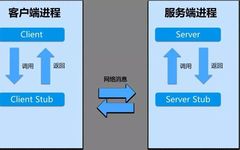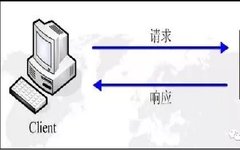Implementing a Simple HTTP Proxy in Golang
This article details the implementation of an HTTP proxy using Golang. Those who have such needs in practical business can start learning! A proxy is an important function in the network, which serves to proxy network users to obtain network information. Figuratively speaking, it is a transfer station for network information. For clients, the proxy … Read more







